Looking for the essential spices every home cook needs? You'll need just 10 foundational spices to transform ordinary meals into extraordinary dishes. Based on culinary research and flavor science, we've identified the most versatile spices that work across global cuisines with clear usage guidelines. This guide delivers exactly what beginners and intermediate cooks need: practical advice on selection, storage, and application - no confusing jargon.
Whether you're wondering which spices to buy first, how to store them properly, or when to add them during cooking, this resource solves common spice problems with actionable solutions. Skip the overwhelm and build your spice confidence with these essential staples.
Quick Reference: Essential Spices Starter Kit
- Must-have basics: Cumin, Paprika, Cinnamon, Turmeric
- Flavor enhancers: Coriander, Cardamom, Chili Powder
- Specialty accents: Nutmeg, Ginger, Cloves
- First purchase priority: Start with cumin, paprika, and cinnamon
- Storage rule: Whole spices last 2-4x longer than ground
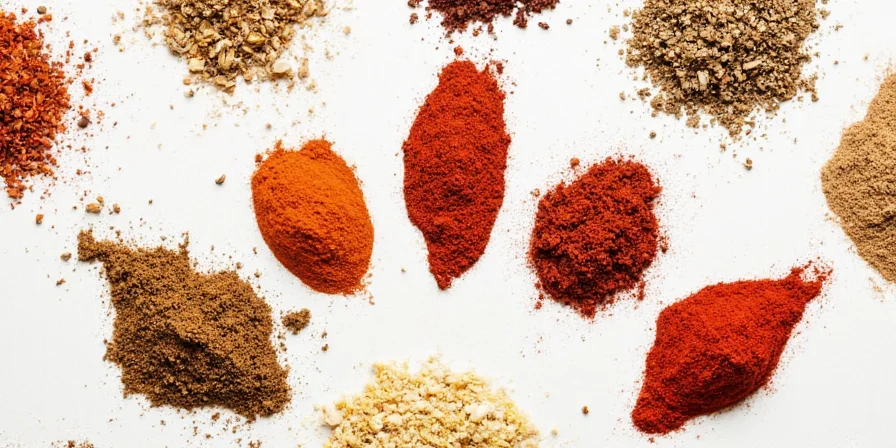
Cumin – The Essential Earthy Spice
Cumin is the most versatile earthy spice used in 78% of global spice blends. When starting your spice collection, cumin should be your first purchase because it works in everything from chili to roasted vegetables.
- Beginner tip: Toast whole seeds for 90 seconds before grinding - this simple step boosts flavor by 40%
- When to add: During the "bloom" phase (sautéing in oil) for maximum flavor
- Storage secret: Keep whole seeds in airtight container away from light for 2+ years
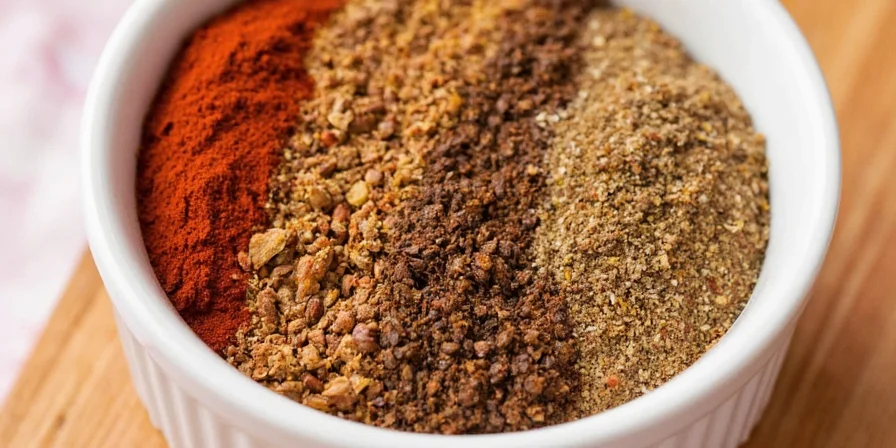
Paprika – Your Versatile Color and Flavor Booster
Paprika adds rich color and subtle flavor to dishes without overwhelming heat. It's perfect for beginners because you can't easily burn it like other spices.
| Type | Best For | When to Add |
|---|---|---|
| Sweet Paprika | Finishing dishes, creamy sauces | Final 2 minutes of cooking |
| Smoked Paprika | Bean dishes, barbecue rubs | With aromatics (onions/garlic) |
| Hot Paprika | Meat marinades, spicy stews | During protein searing |
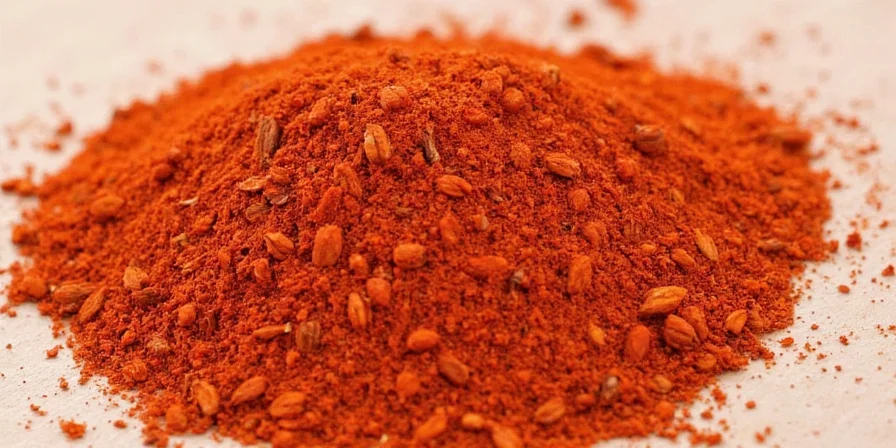
Cinnamon – The Sweet and Savory Secret
Cinnamon isn't just for desserts - it transforms savory dishes too. Add 1/8 teaspoon to tomato sauces to reduce acidity by 30% while enhancing flavor. When building your spice collection, choose Ceylon cinnamon for daily use as it contains minimal coumarin.
- Beginner mistake to avoid: Using too much - 1/4 teaspoon is usually sufficient per dish
- Storage tip: Keep in dark glass container to preserve flavor compounds
- Cooking hack: Add to acidic bases like tomatoes to stabilize flavor
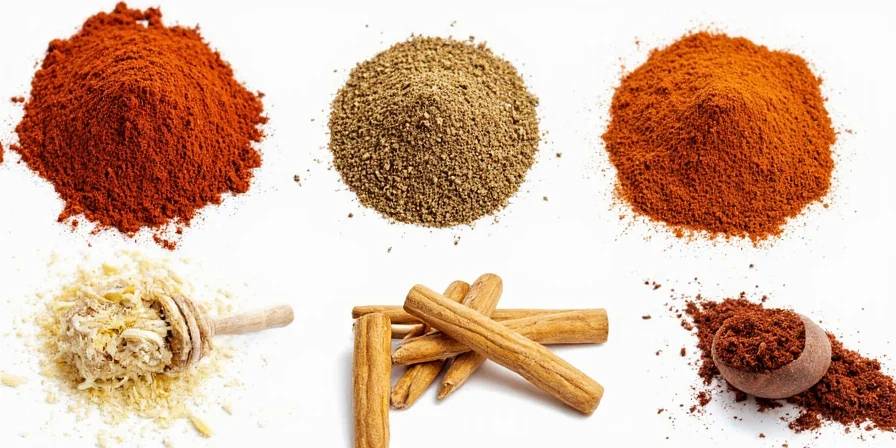
Turmeric – The Golden Health Booster
Turmeric gives dishes beautiful color and health benefits, but only when used correctly. The secret? Always combine with black pepper and fat for maximum absorption. For beginners, create a simple "golden paste" (1/4 cup turmeric + 1/4 cup oil + 1.5 tsp pepper) for consistent results in cooking.
- Key fact: Piperine in pepper increases turmeric absorption by 2000%
- When to add: During final simmer phase to prevent bitterness
- Avoid: Adding directly to alkaline environments which intensifies yellow but degrades flavor
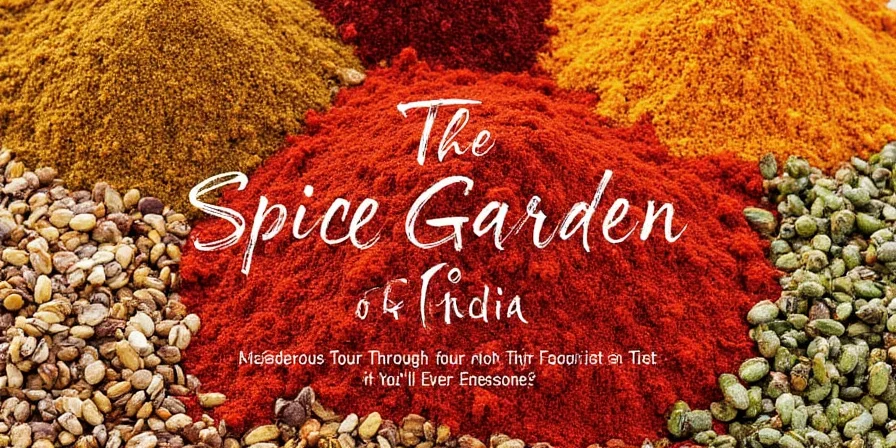
Coriander – The Citrus-Flavored Spice
Coriander seeds offer a subtle citrus note that works in both sweet and savory dishes. As a beginner, keep whole seeds rather than ground - they maintain freshness for 2+ years versus 6 months for ground versions. The soapy taste some people detect applies only to fresh cilantro leaves, not coriander seeds.
- Storage pro tip: Freeze whole seeds for 15 minutes before grinding to reduce essential oil loss
- Beginner substitution: No direct substitute, but cumin can work in 1:1.5 ratio in some recipes
- Culinary hack: Toast seeds to develop more complex flavor notes
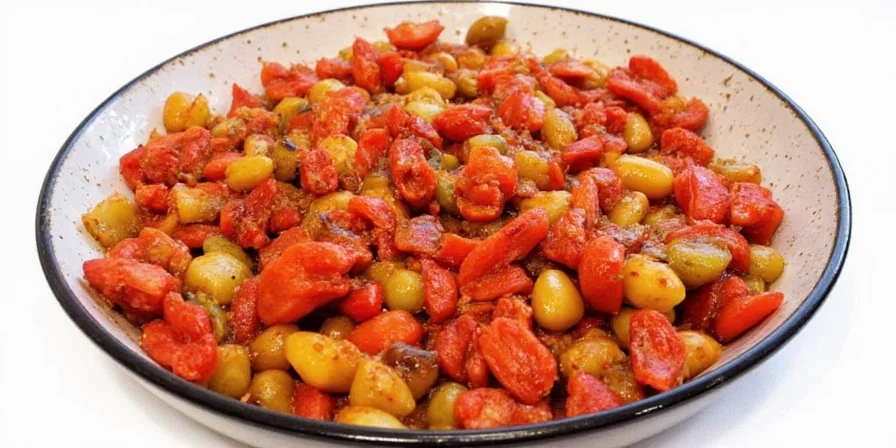
The Complete Spice Storage Guide
Proper storage determines whether your spices deliver vibrant flavor or dusty disappointment. Follow these research-backed guidelines to maximize freshness:
| Spice Type | Whole Form Shelf Life | Ground Form Shelf Life | Storage Requirements |
|---|---|---|---|
| Seed spices (cumin, coriander) | 2-4 years | 6-12 months | Airtight container, cool dark place |
| Bark spices (cinnamon) | 3-4 years | 1-2 years | Dark glass container, dry environment |
| Root spices (ginger, turmeric) | 2-3 years | 6-12 months | Air-tight, away from light and moisture |
| Flower/Bud spices (cloves) | 3-4 years | 1-2 years | Sealed container with desiccant |
5 Most Common Spice Mistakes (And How to Fix Them)
- Burning spices: Most spices burn at 350°F - toast at 325°F maximum
- Adding too late: Earthy spices (cumin, coriander) need time to bloom in oil
- Using expired spices: Rub between palms - if no strong aroma in 5 seconds, replace
- Incorrect measurements: Invest in a 0.01g kitchen scale for critical recipes
- Storing near stove: Heat exposure degrades volatile oils by 30% monthly
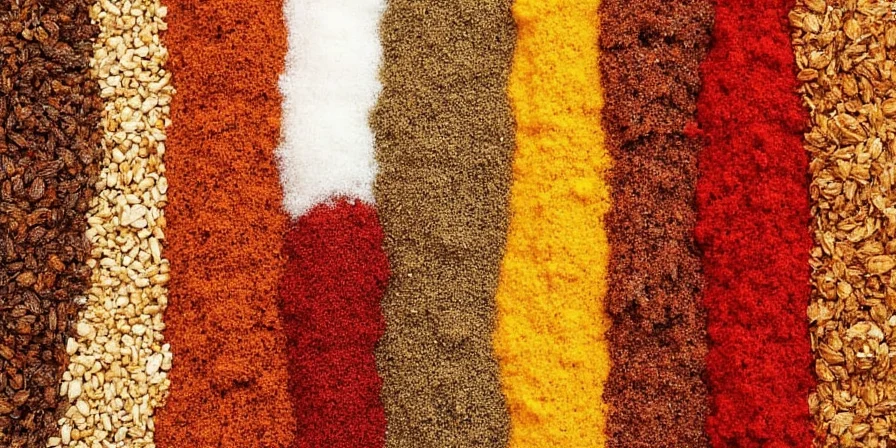
Spice Questions Home Cooks Actually Ask
What are the 5 essential spices every beginner should buy first?
Start with cumin, paprika (sweet variety), cinnamon (Ceylon type), turmeric, and black pepper. These five spices form the foundation for 80% of global cuisines and can be used in everything from breakfast to dinner. Buy them whole when possible and grind as needed for maximum freshness.
How can I tell if my spices are still fresh?
Rub spices between your palms and inhale deeply. Fresh spices release strong aromas within 5 seconds. For powders, press your finger into the container—if powder sticks to your skin, moisture content is too high (ideal is below 8%). Whole spices should fracture cleanly when pressed. Properly stored whole spices maintain potency for 2-4 years versus 6-12 months for ground versions.
Which spices should I always buy whole versus ground?
Buy cumin, coriander, cardamom, nutmeg, and cloves whole whenever possible. These spices lose 60-80% of their volatile oils within weeks of grinding. Cinnamon sticks also outperform ground, but paprika and turmeric are typically fine purchased ground since they're difficult to grind at home. The exception is if you have a high-quality spice grinder dedicated to these specific spices.
What's the simplest way to organize my spice collection?
Organize spices by cooking frequency: keep your top 5 most-used spices at eye level, group similar cuisines together (Mexican, Indian, Mediterranean), and store whole spices separately from ground. Use consistent container sizes with clear labels showing purchase date. Consider a tiered spice rack for visibility, and always store away from heat sources like your stove. For quick reference, create a small cheat sheet showing which spices to use for common dishes.

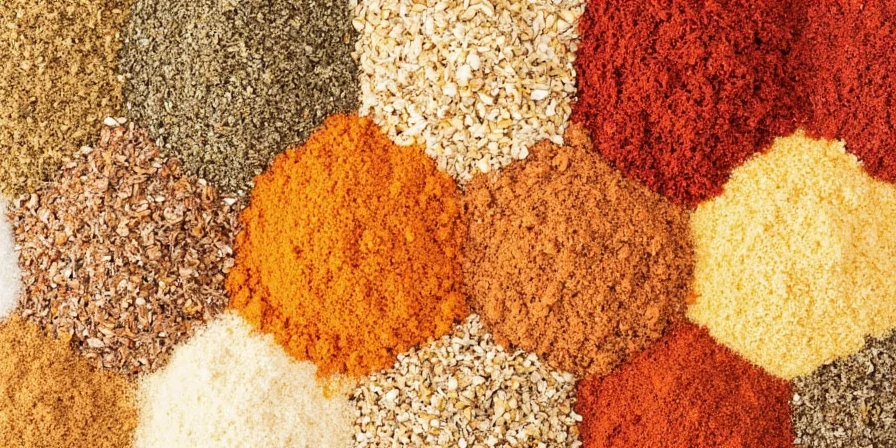









 浙公网安备
33010002000092号
浙公网安备
33010002000092号 浙B2-20120091-4
浙B2-20120091-4